Introduction: The LFP Revolution in Context
Enhanced safety (stable thermal properties)
Longer cycle life (3,000-10,000 cycles)
Growing adoption by industry leaders:
Tesla's 2021 shift to LFP for standard-range vehicles
Ford's $3.5B LFP plant collaboration with CATL
Energy storage systems (ESS) accounting for 40% of LFP demand
Chapter 1: The Tariff Landscape (800 words)
1.1 U.S. Policy Framework
Section 301 tariffs: 25% on Chinese batteries (since 2018)
Inflation Reduction Act (IRA) provisions:
$45/kWh tax credit for domestic battery production
"Foreign Entity of Concern" restrictions post-2024
Bipartisan Infrastructure Law's $7B battery supply chain funding
1.2 Global Countermeasures
EU's Carbon Border Adjustment Mechanism (CBAM)
China's export controls on graphite (70% of global supply)
Indonesia's nickel export ban (critical for NMC batteries)
1.3 Case Study: CATL's Michigan Plant Controversy
Technology licensing model vs. traditional FDI
DOE's national security review process
Implications for knowledge transfer
Chapter 2: Supply Chain Realignment (1200 words)
2.1 The China+1 Strategy
Data snapshot: 85% of LFP cathode production in China (2023)
Emerging production hubs:
Morocco (geographic advantage: 9-day shipping to U.S.)
Vietnam (VinES's $1B LFP facility)
Texas (Titan Advanced Energy's $150M plant)
2.2 Raw Material Chess Game
Lithium: U.S. production up 400% since 2020 (Thacker Pass)
Iron phosphate: Pallinghurst Group's $300M Tennessee investment
Recycling infrastructure gap: <5% of U.S. batteries currently recycled
2.3 Logistics Reengineering
Cost comparison:
Route Pre-Tariff Cost Post-Tariff Cost
Shanghai-LA $2,800/FEU $4,100/FEU
Hanoi-LA $3,200/FEU $3,200/FEU
Critical mineral mapping:
Chapter 3: Technological Arms Race (1000 words)
3.1 Performance Breakthroughs
CATL's Shenxing Battery: 400km range with 10-min charging
BYD's Blade Battery: 43% higher volume efficiency
U.S. National Labs' dry electrode manufacturing advancements
3.2 Patent Wars
Key IP holders:
University of Texas (Goodenough patents expired 2020)
Hydro-Québec's ongoing royalty claims
Tesla's LFP-related patent portfolio (63 granted in 2023)
3.3 Alternative Chemistries
Sodium-ion batteries: CATL's planned 2024 mass production
LMFP (Lithium Manganese Iron Phosphate) hybrids
U.S. DOE's $125M funding for solid-state LFP research
Chapter 4: Market Dynamics (1500 words)
4.1 Pricing Paradox
LFP price trends:
Year Price ($/kWh)
2021 105
2023 82
2025 (proj.) 68
Tariff impact analysis:
25% duty adds
17.50
−
17.50−25/kWh for Chinese imports
IRA credits offset 65% of domestic production costs
4.2 Automotive Sector Shifts
OEM adoption timeline:
Automaker LFP Implementation
Tesla 2021 (Model 3 SR)
Ford 2024 (Mustang Mach-E)
Rivian 2025 (R2 platform)
Consumer behavior data:
62% of EV buyers prioritize cost over range (JD Power 2023)
4.3 Energy Storage Gold Rush
U.S. utility-scale ESS pipeline: 136 GW by 2030
Fire safety regulations in 28 states
Conclusion: The New Energy World Order (500 words)
Three probable scenarios:
Fragmented Markets (40% probability): Regional supply chains
Tech Leapfrogging (35%): Next-gen batteries disrupt LFP
Resource Nationalism (25%): Export controls escalate
Strategic recommendations:
For manufacturers: Dual sourcing by 2025 Q2
For policymakers: Critical mineral stockpiling
For investors: Vertical integration opportunities
Appendices (Expandable Sections):
Detailed tariff schedules (HTS codes 8507.60.00 etc.)
LFP vs. NMC technical comparison table
U.S. LFP production facility map
2030 demand projections by sector

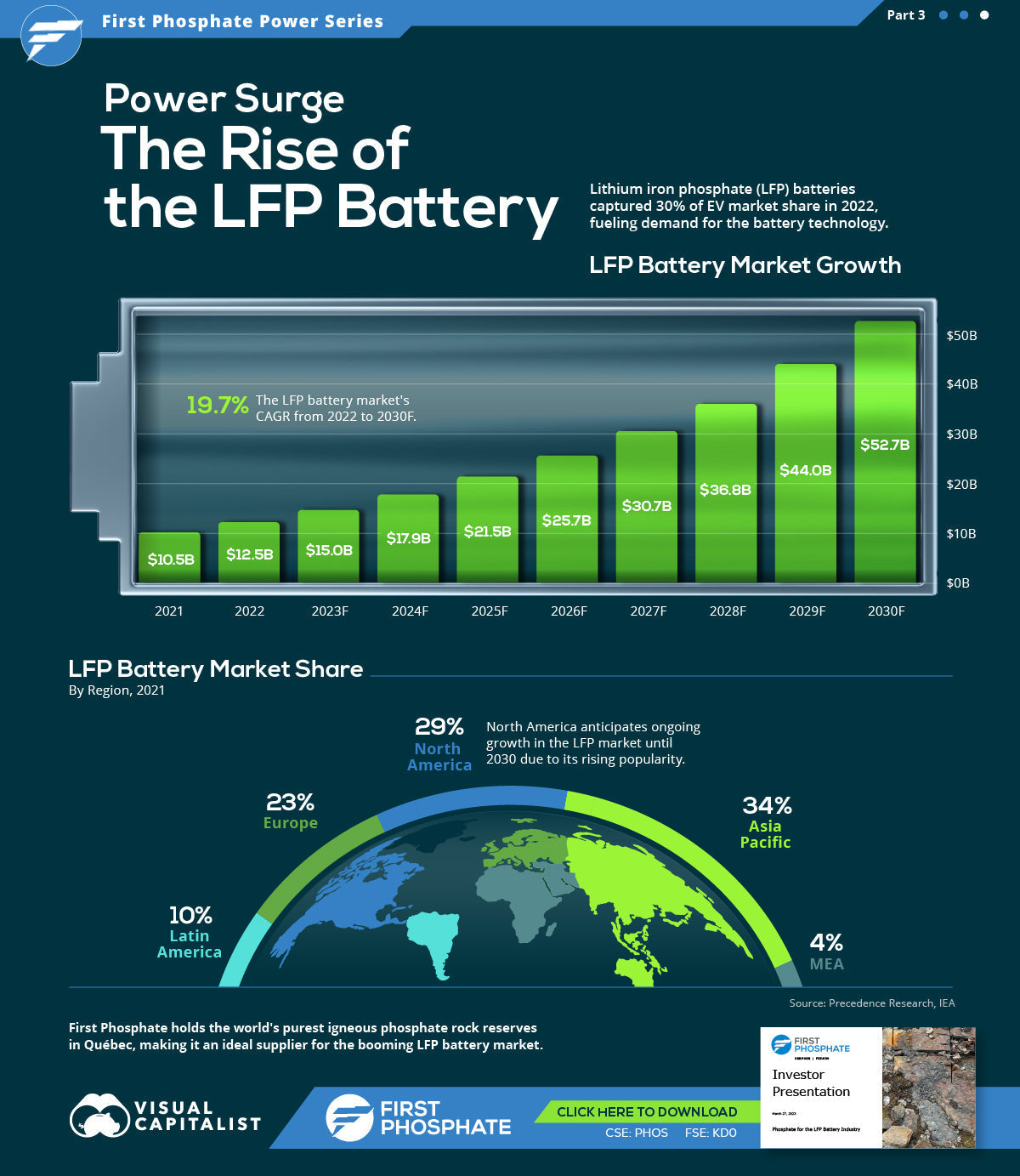
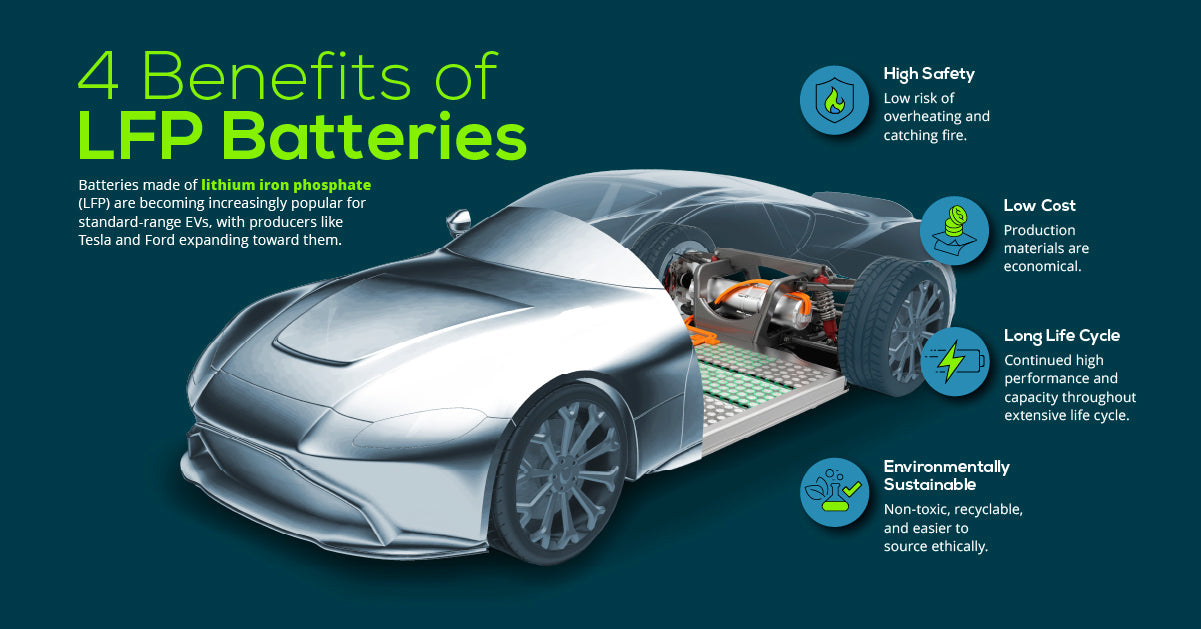
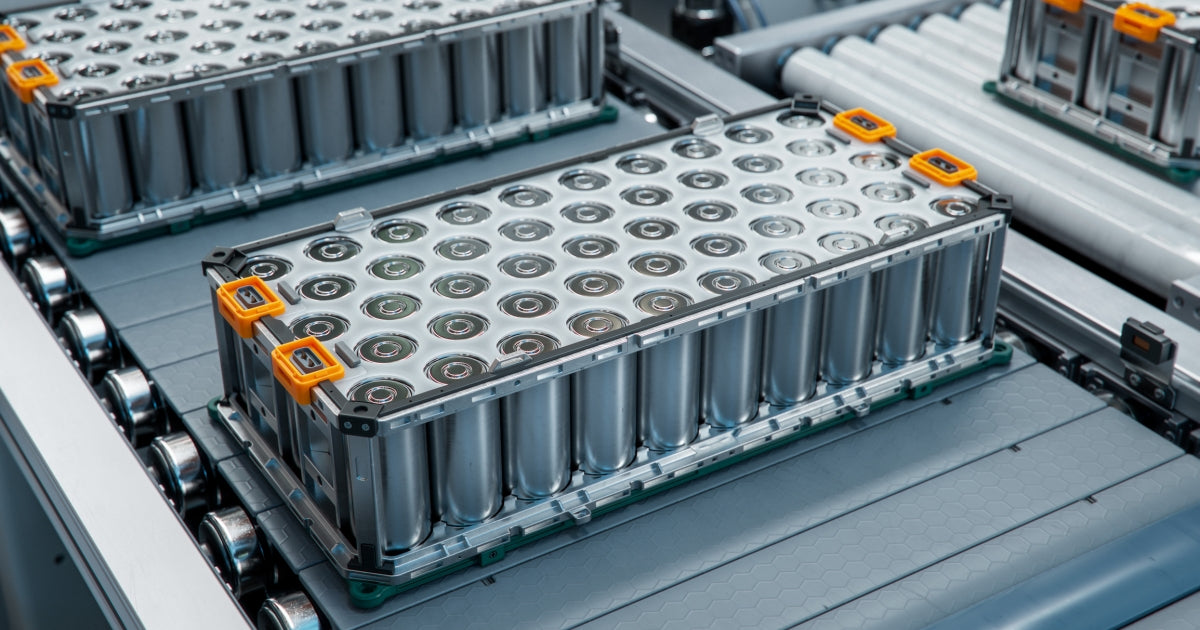
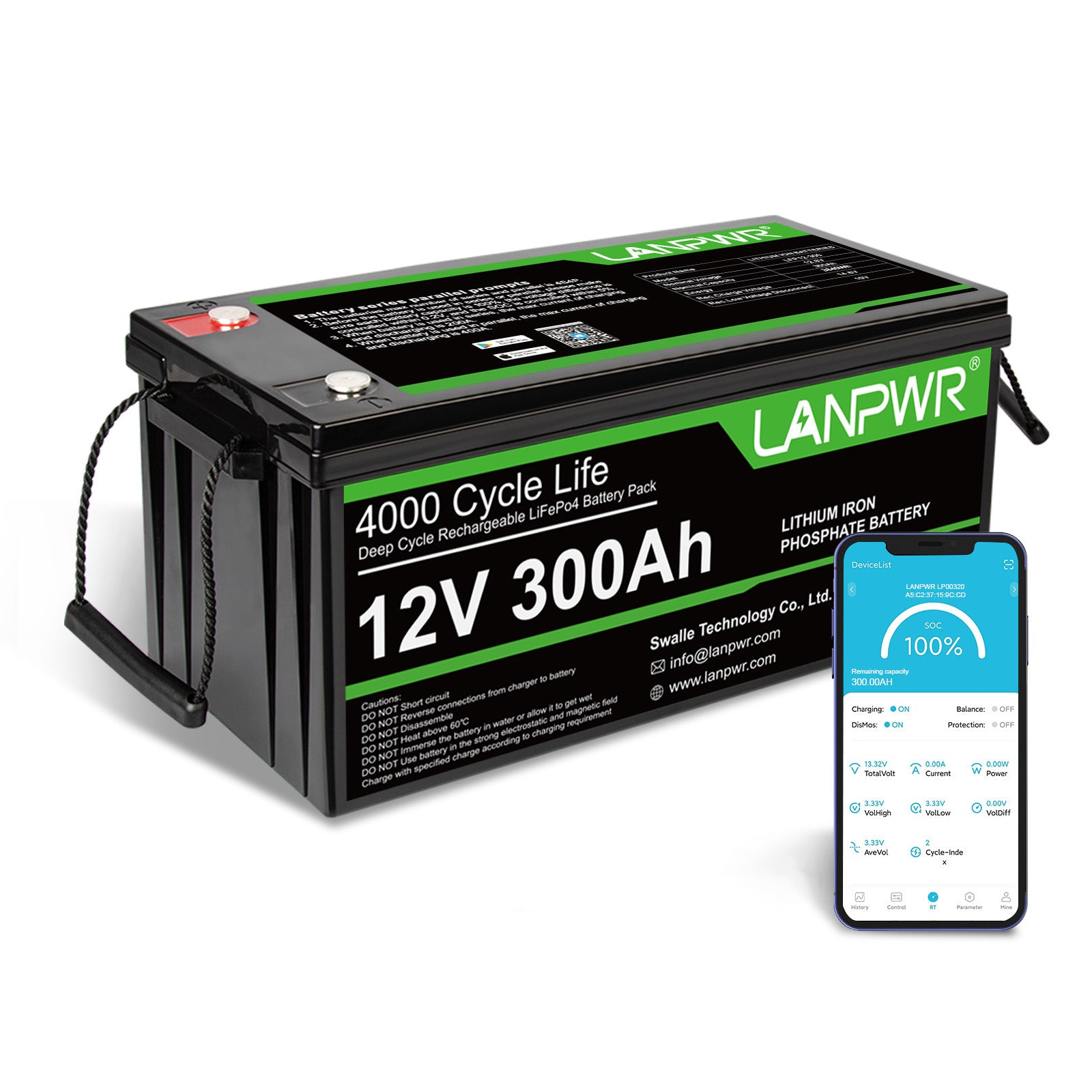
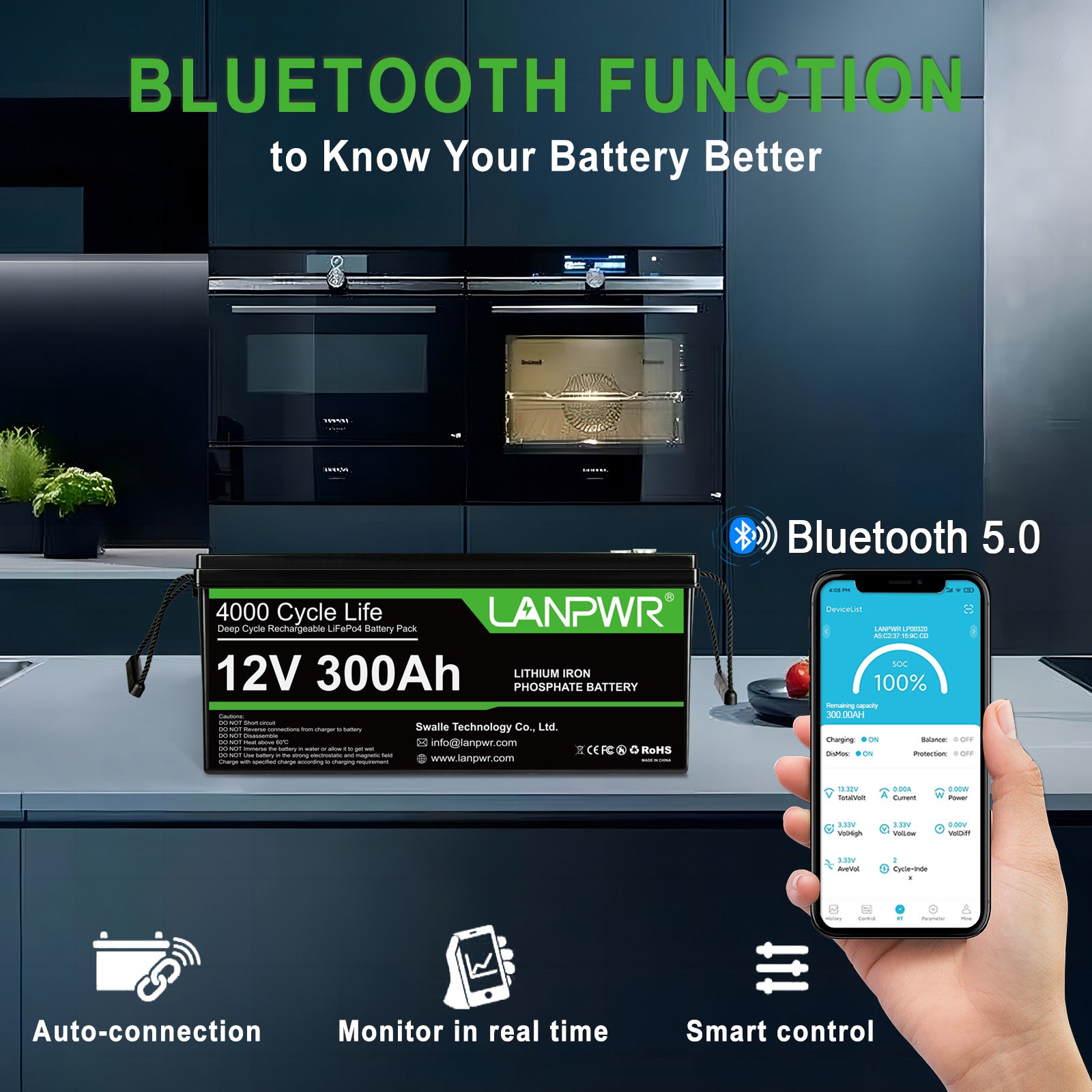
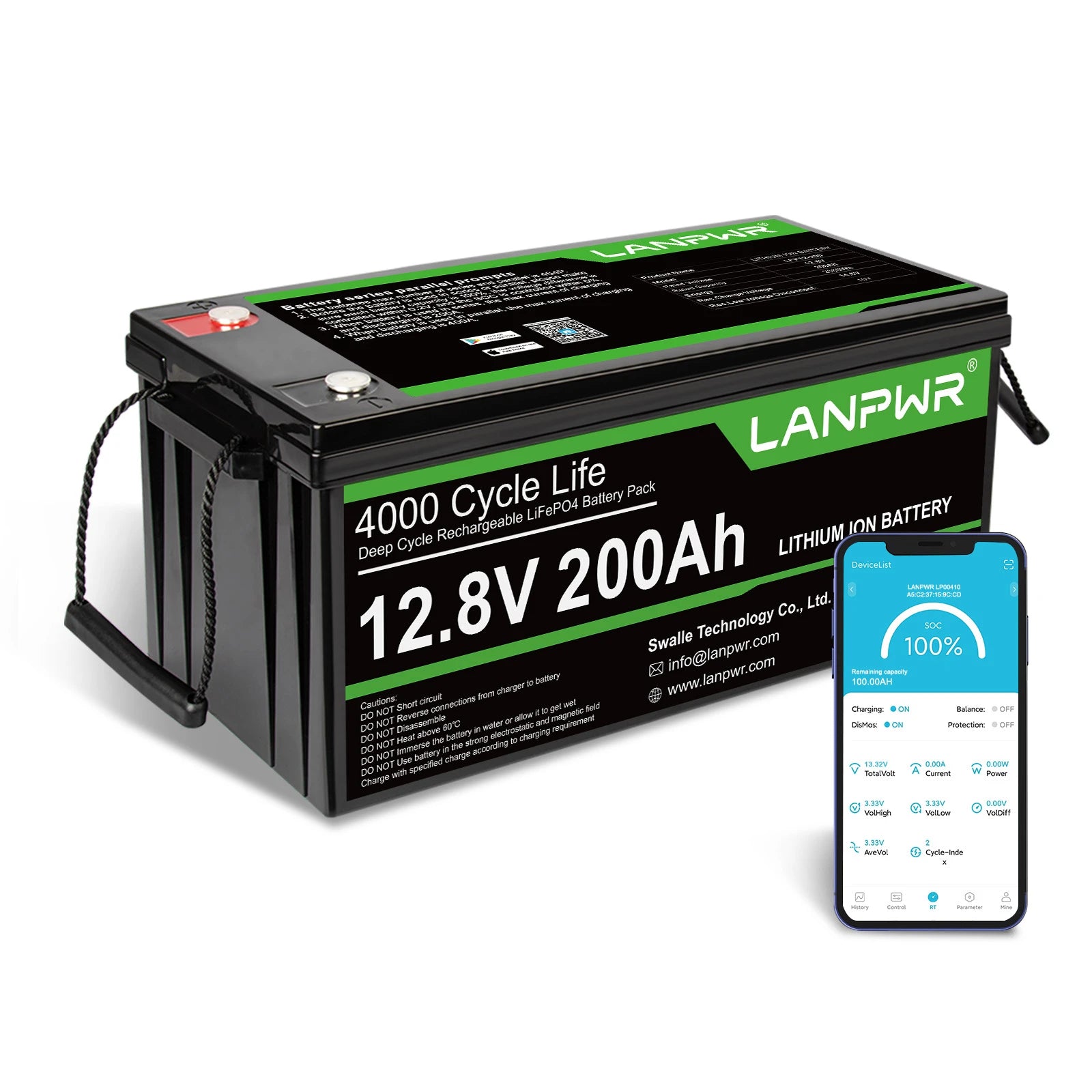
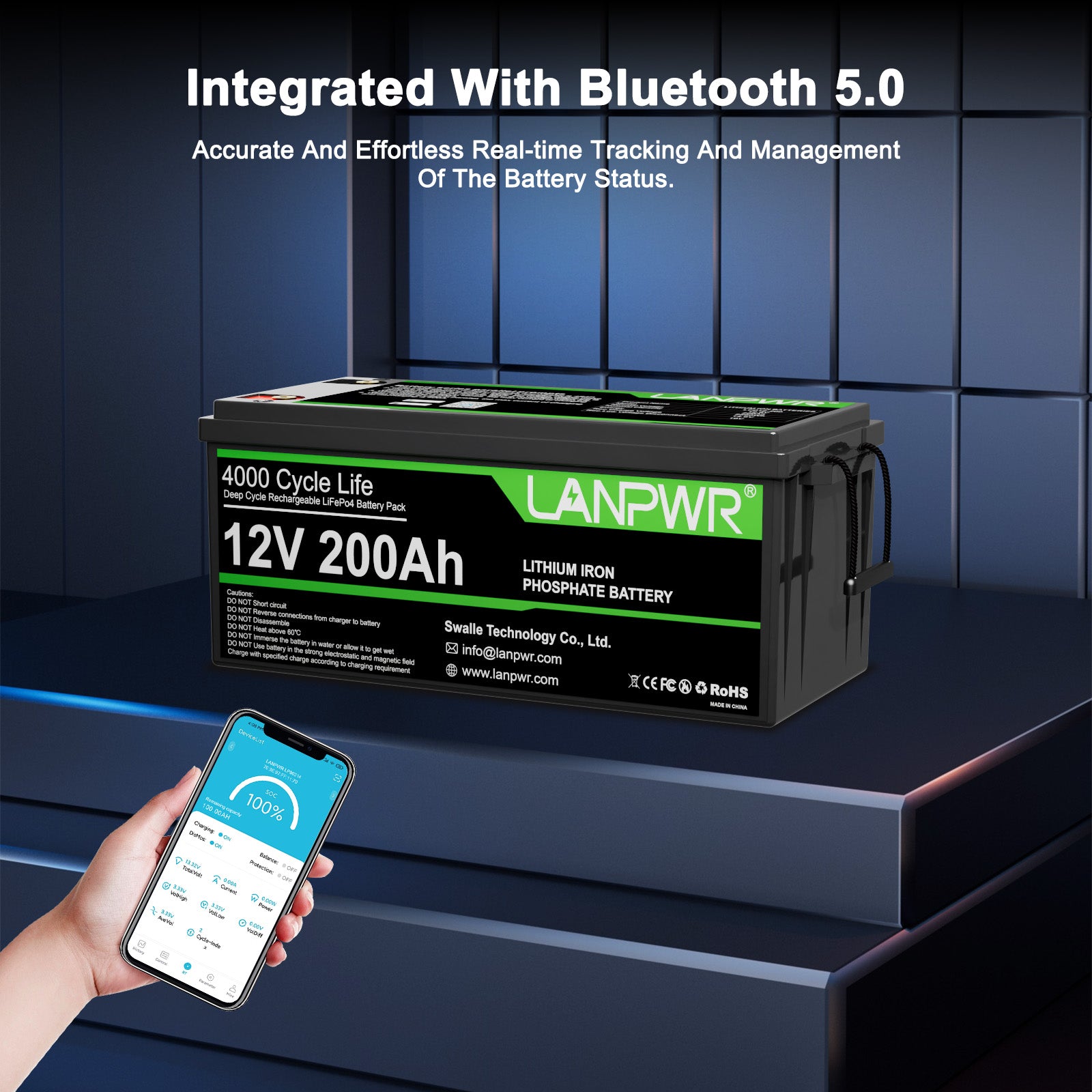
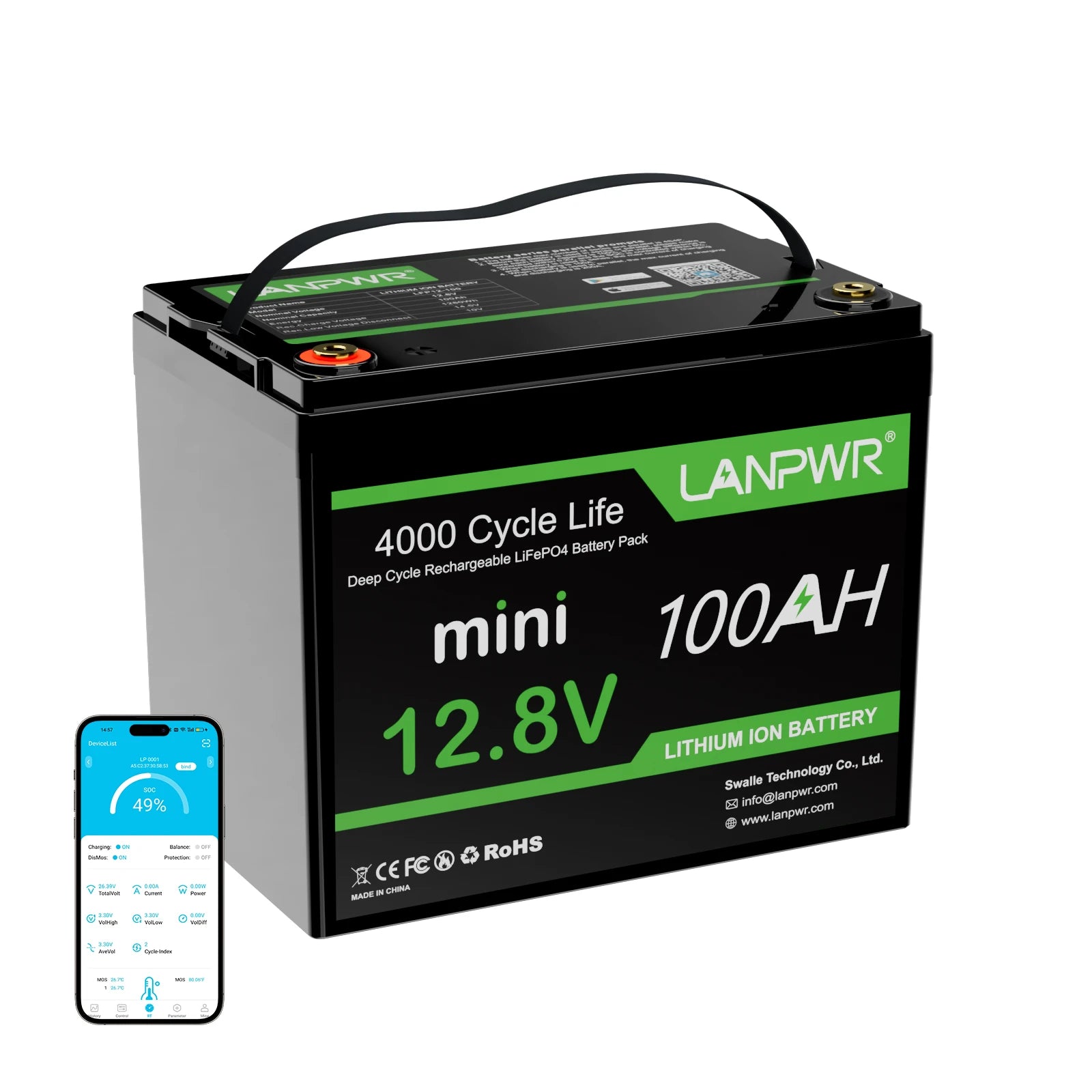
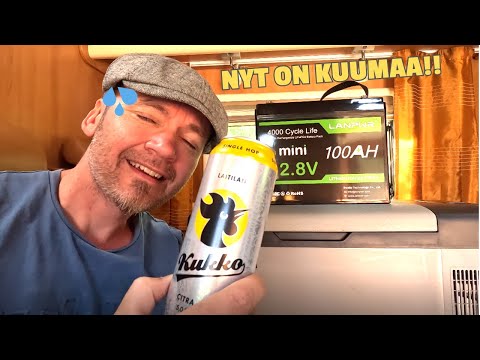
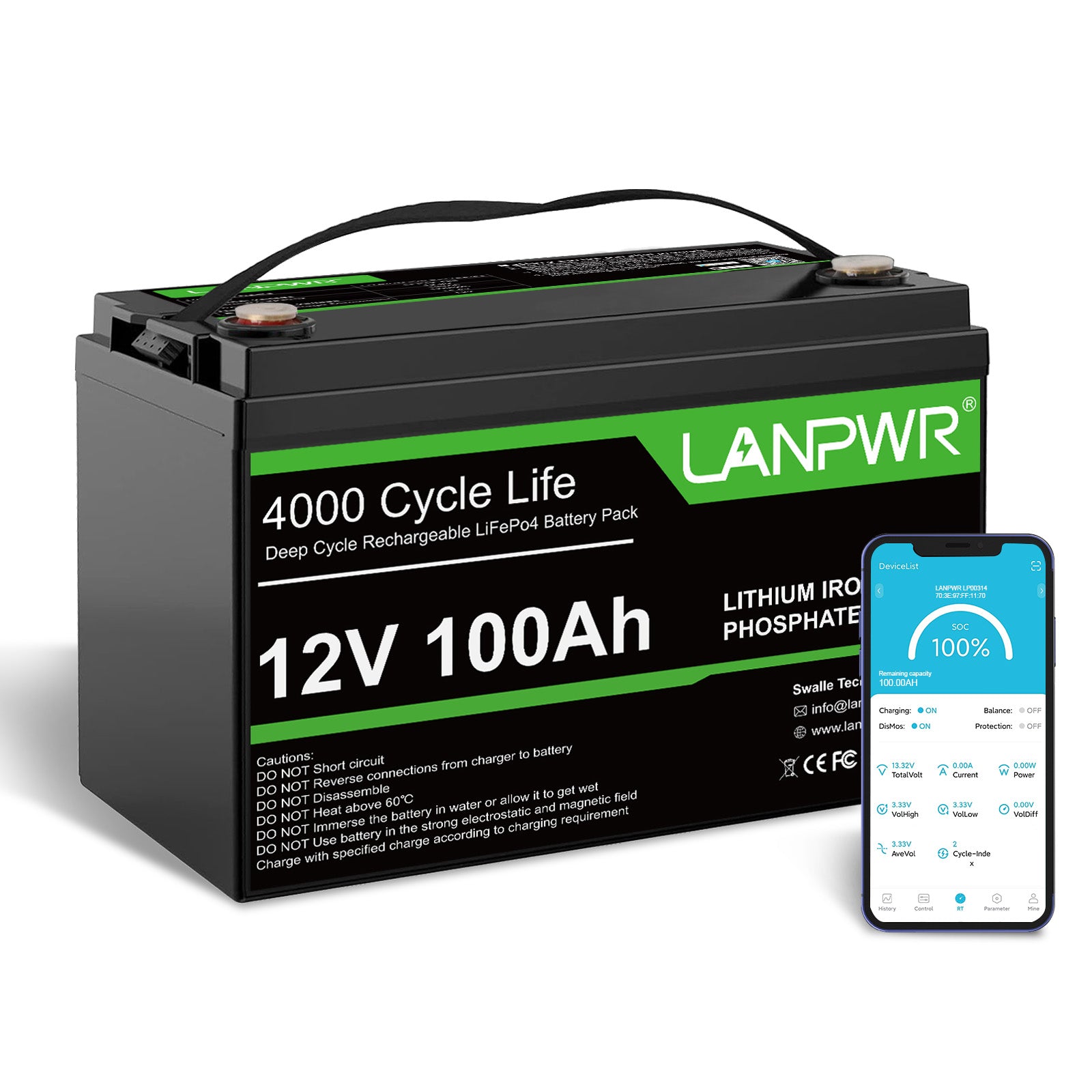

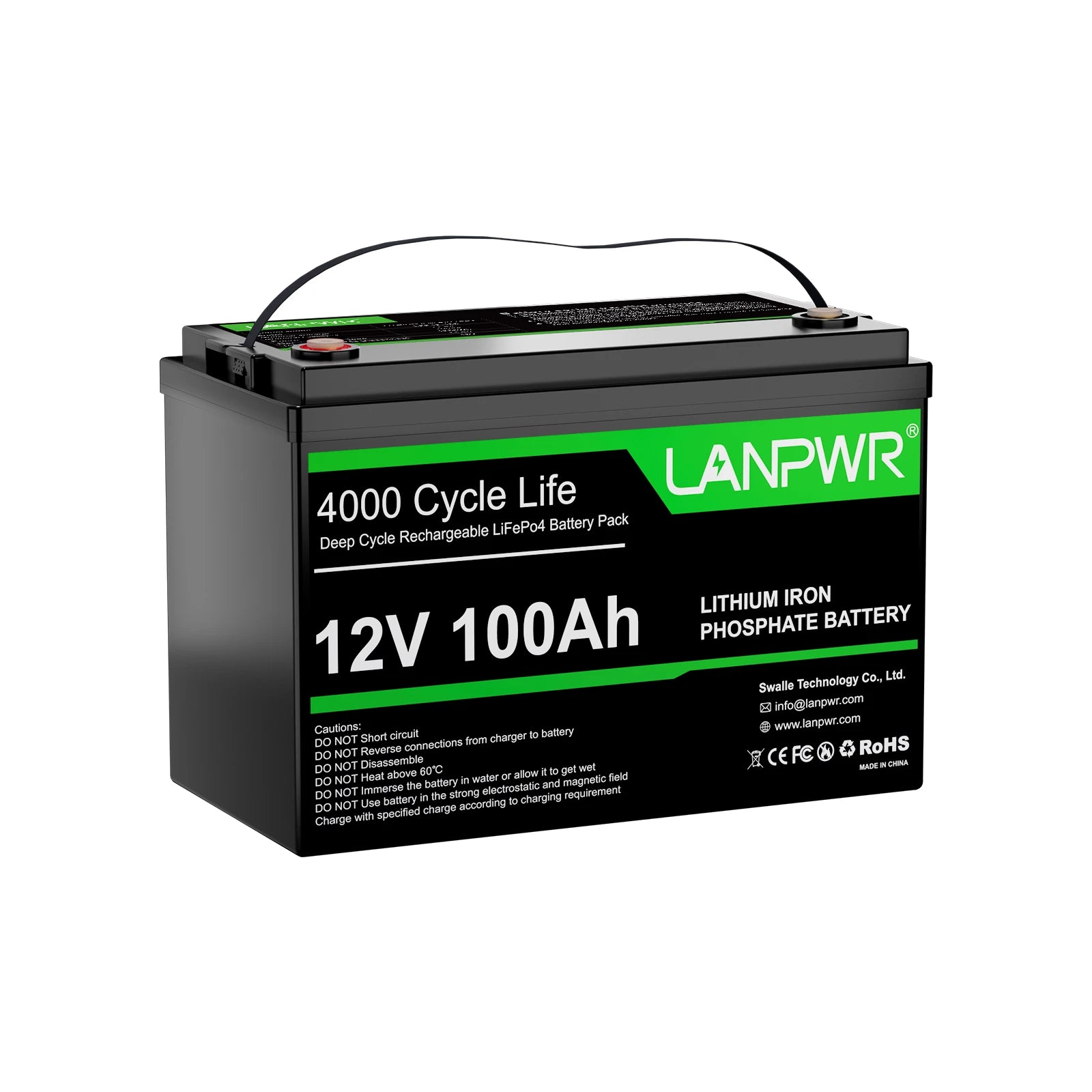
Leave a comment
This site is protected by hCaptcha and the hCaptcha Privacy Policy and Terms of Service apply.